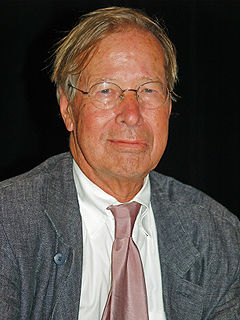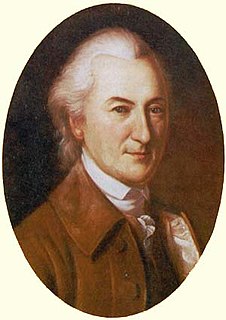A Quote by Jean de la Bruyere
Discretion is the perfection of reason, and a guide to us in all the duties of life. It is only found in men of sound sense and understanding.
Quote Topics
Related Quotes
Discretion is the perfection of reason, and a guide to us in all the duties of life; cunning is a kind of instinct, that only looks out after our immediate interests and welfare. Discretion is only found in men of strong sense and good understanding; cunning is often to be met with in brutes themselves, and in persons who are but the fewest removes from them.
Though this motion for a new trial is an application to the discretion of the Court, it must be remembered that the discretion to be exercised on such an occasion is not a wild but a sound discretion, and to be confined within those limits within which an honest man, competent to discharge the duties of his office, ought to confine himself. And that discretion will be best exercised by not deviating from the rules laid down by our predecessors; for the practice of the Court forms the law of the Court.
Now, as there is an infinity of possible universes in the Ideas of God, and as only one of them can exist, there must be a sufficient reason for God's choice, which determines him toward one rather than another. And this reason can be found only in the fitness, or the degrees of perfection, that these worlds contain, since each possible thing has the right to claim existence in proportion to the perfection it involves.
Courage that grows from constitution very often forsakes a man when he has occasion for it, and when it is only a kind of instinct in the Soul breaks out on all occasions without judgment or discretion. That courage which proceeds from the sense of our duty, and from the fear of offending Him that made us, acts always in a uniform manner, and according to the dictates of right reason.
One would wonder to hear skeptical men disputing for the reason of animals, and telling us it is only our pride and prejudices that will not allow them the use of that faculty. Reason shows itself in all occurrences of life; whereas the brute makes no discovery of such a talent, but in what immediately regards his own preservation, or the continuance of his species. Animals in their generation are wiser than the sons of men; but their wisdom is confined to a few particulars, and lies in a very narrow compass. Take a brute out of his instinct, and you find him wholly deprived of understanding.
I found Esau’s field guide at the bottom of my pack. Taking a candle into the bedroom, I read his book until my eyes grew heavy. From his vast notes, it seemed that almost every plant and tree in the jungle had a reason for existing. I caught myself wishing there was a page in his guide that had my picture on it with the reason for my existence written underneath in Esau’s neat hand.
The leaves did not stir on the trees, grasshoppers chirruped, and the monotonous hollow sound of the sea rising up from below, spoke of the peace, of the eternal sleep awaiting us. So it must have sounded when there was no Yalta, no Oreanda here; so it sounds now, and it will sound as indifferently and monotonously when we are all no more. And in this constancy, in this complete indifference to the life and death of each of us, there lies hid, perhaps, a pledge of our eternal salvation, of the unceasing movement of life upon earth, of unceasing progress towards perfection.






































